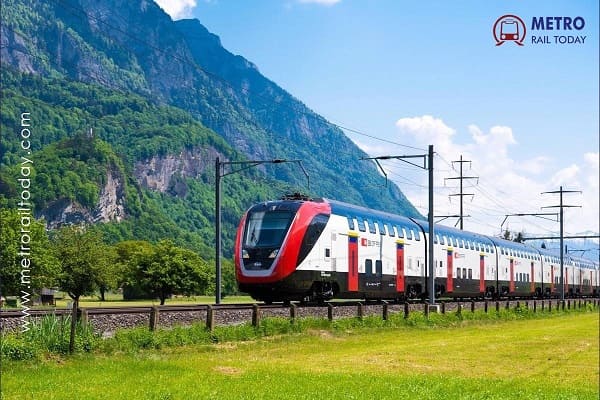 NCC and PJB Engineers win Civil Contracts for Corridor 2 of Bengaluru Suburban Rail Project
NCC and PJB Engineers win Civil Contracts for Corridor 2 of Bengaluru Suburban Rail Project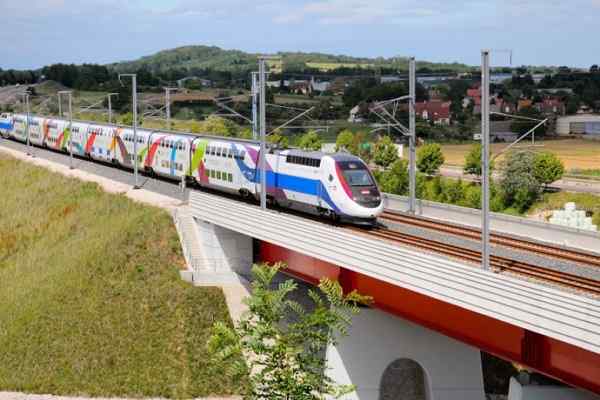 Tamil Nadu completes feasibility study of ₹75,000 crore Chennai–Villupuram RRTS corridor
Tamil Nadu completes feasibility study of ₹75,000 crore Chennai–Villupuram RRTS corridor 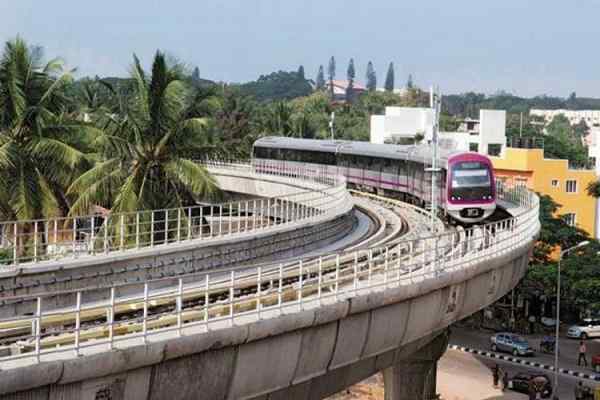 Bangalore’s 36.59 km Hebbal-Sarjaur Metro Line awaits Central Govt nod amid Double-Decker concerns
Bangalore’s 36.59 km Hebbal-Sarjaur Metro Line awaits Central Govt nod amid Double-Decker concerns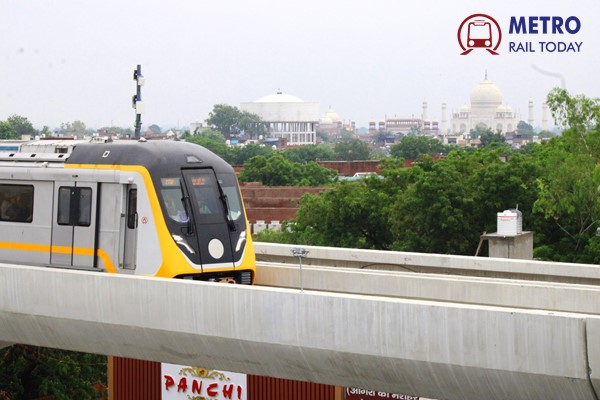 Civil tender issued for construction of Mall Road depot of Agra Metro Corridor 2
Civil tender issued for construction of Mall Road depot of Agra Metro Corridor 2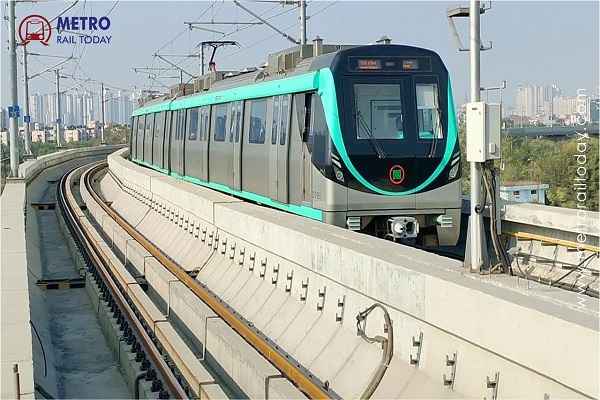 Govt of India cabinet approves ₹2,372 crore Noida Metro Aqua Line Extension Project
Govt of India cabinet approves ₹2,372 crore Noida Metro Aqua Line Extension Project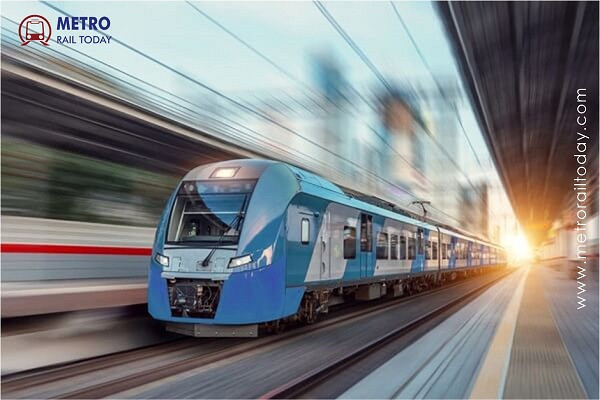 Bengaluru Suburban Rail Project completion deadline extended to March 2030
Bengaluru Suburban Rail Project completion deadline extended to March 2030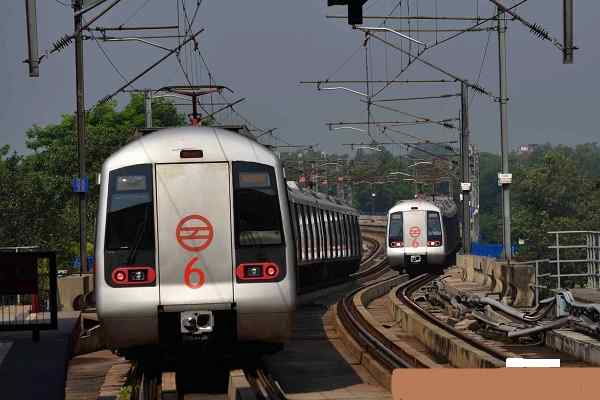 Tender issued for 68 Broad Gauge Rolling Stock Cars for Red Line Extn under Delhi Metro Phase 4
Tender issued for 68 Broad Gauge Rolling Stock Cars for Red Line Extn under Delhi Metro Phase 4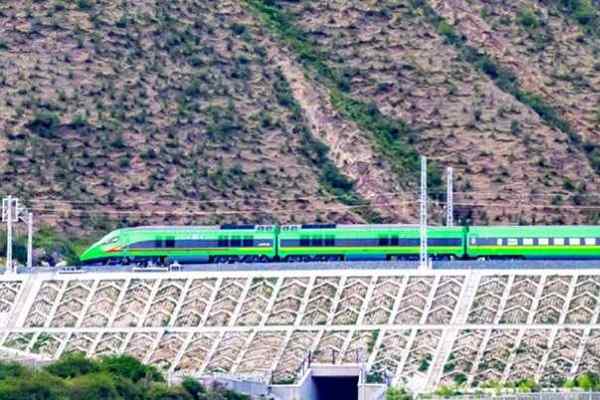 Saudi Arabia and Qatar approve 785 km High-Speed Rail Link between Riyadh and Doha
Saudi Arabia and Qatar approve 785 km High-Speed Rail Link between Riyadh and Doha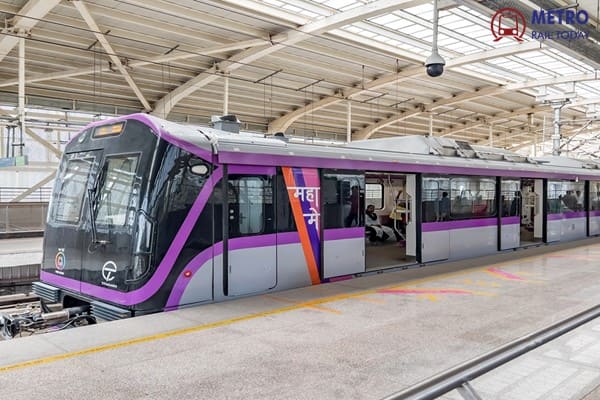 Colossus Infra awarded E&M Contract for Pune Metro’s PCMC–Nigdi Corridor
Colossus Infra awarded E&M Contract for Pune Metro’s PCMC–Nigdi Corridor Riyadh Metro invites Bids for Expo 2030 Station on Yellow Line
Riyadh Metro invites Bids for Expo 2030 Station on Yellow Line
DMRC to introduce Driverless Trains on Delhi Metro Phase 4 Corridors
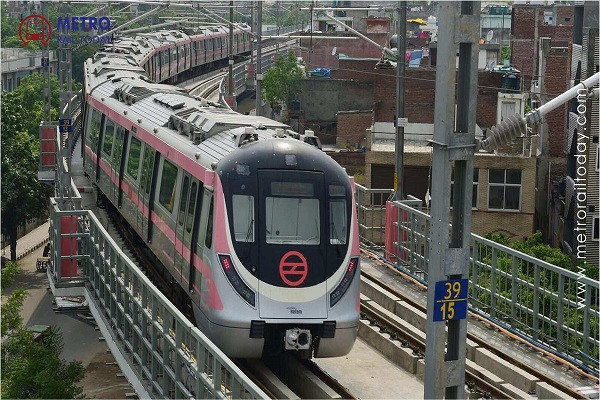
New Delhi, India (Metro Rail Today): The Delhi Metro Rail Corporation (DMRC) is set to take a major leap in automation by introducing driverless train operations on its upcoming Phase-IV corridors, further enhancing operational efficiency and safety across the network. The move aims to reduce human intervention, improve punctuality, and minimise operational errors.
The Delhi Metro has been at the forefront of technological innovation in India’s urban transport sector. In December 2020, Prime Minister Narendra Modi inaugurated the country’s first driverless train service on the Magenta Line (Janakpuri West – Botanical Garden), marking a milestone moment for Indian rail-based urban transit.
At present, a total of 69 driverless trains operate on the Pink Line (Line–7) and Magenta Line (Line–8) under the Unattended Train Operation (UTO) system — 43 trains on the Pink Line and 26 trains on the Magenta Line.
According to DMRC, the introduction of driverless trains has significantly enhanced operational efficiency by improving coach availability and eliminating the need for manual pre-induction checks, thus optimising workforce allocation and system reliability.
Delhi Metro’s Phase-IV Expansion
Once Phase-IV becomes operational, driverless train operations will be extended to the Pink, Magenta, and the new Aerocity–Tughlakabad (Golden Line) corridors.
DMRC had earlier announced that with the completion of Phase-IV, Delhi Metro will become the world’s second-largest driverless metro network, with 160 kilometres of DTO-equipped corridors.
The Phase-IV project comprises six corridors, with three priority stretches currently under construction:
-
Majlis Park – Maujpur (Pink Line extension)
-
Janakpuri West – RK Ashram Marg (Magenta Line extension)
-
Delhi Aerocity – Tughlakabad (Golden Line)
The remaining three proposed corridors are:
-
Inderlok – Indraprastha (Green Line)
-
Lajpat Nagar – Saket G Block (Golden Line extension)
-
Rithala – Kundli (Red Line extension)
Mrs. Mamta Shah, MD & CEO, Urban Infra Group, praised DMRC’s continued leadership in adopting advanced rail technologies, stating:
“Delhi Metro’s decision to expand driverless train operations under Phase-IV is a landmark step toward a smarter and safer metro ecosystem. Automation not only enhances reliability and energy efficiency but also reflects India’s growing capability in adopting world-class rail innovations. This milestone will position Delhi among the top global cities operating large-scale autonomous metro systems, setting new benchmarks in urban mobility excellence.”
With each phase, the Delhi Metro continues to redefine the future of urban transport in India — integrating automation, digital signalling, and green mobility solutions. The rollout of driverless trains in Phase-IV marks another significant stride in India’s journey toward smart, sustainable, and globally benchmarked public transport.




